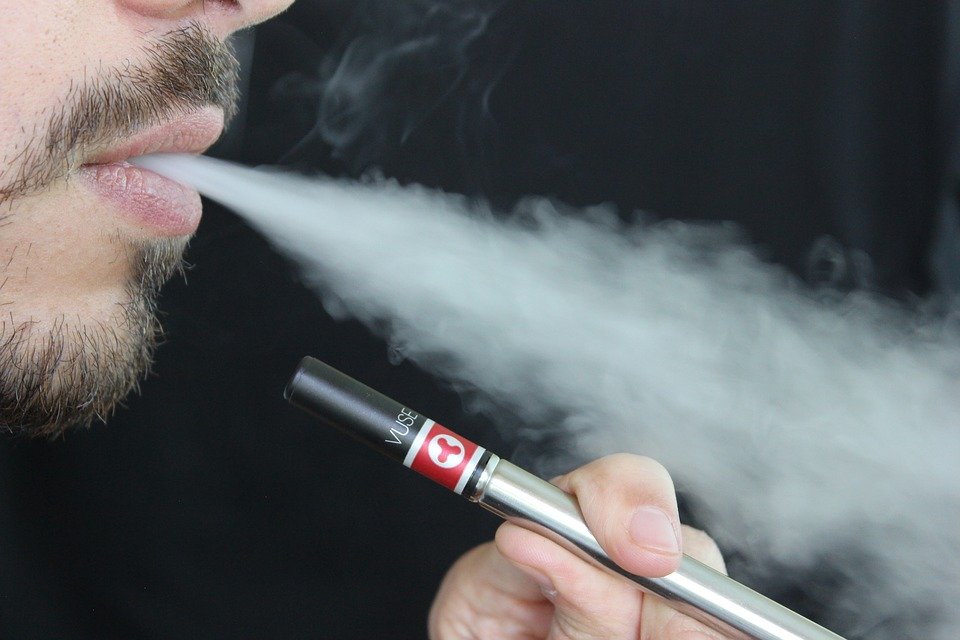Effective Strategies to Help You Quit Smoking

If you smoke, you have good cause to be concerned about your long term health. The Center for Disease control names smoking as the leading cause of preventable death in the United States and-thanks in part to public awareness campaigns-most adults are well aware of links between smoking and health issues such as emphysema, lung disease, and stroke.
Nicotine is a highly addictive substance, and smokers know that there is more to quitting than simply putting down the pack. Thankfully, there are a wide variety of quit-smoking strategies to try. Here are a few tips that can help you drop that pack for good.
Pick a Quit Date
While "no time like the present" may apply to many tasks, quitting tobacco is a major undertaking that requires mental preparation. The American Cancer Society suggests picking a date within a month of your decision to stop, providing time for you to get ready for your attempt, but not so much that your resolve falters. It can also pay to take your calendar into account when choosing your date. If you have a big deadline coming up at work, maybe postpone till after that period of stress has passed. Conversely, a vacation or other low-stress period might be a perfect time to ride out that first week of cravings.
Make a List of Your Reasons
Your doctor has probably given you a long list of reasons you should quit smoking, but which ones are important to you? While health risks dominate the conversation on tobacco use, there are plenty of reasons to quit smoking, including: Higher energy, Deceleration of the aging process, Set a good example for children, Save money, Make it easier to exercise. Take some time ahead of your quit date to decide what your reasons are. While some might feel superficial next to the risk of cancer, quitting will still have a positive impact on your health-regardless of your motivation.
Identify Your Triggers
Nicotine is tough to give up under any circumstances, but smokers report that some situations make it particularly hard to refrain from smoking. Take some time ahead of your quit date to notice when you tend to light up. Looking for patterns related to how you feel, what you're doing, and even the time of day can provide useful information about challenges coming down the road. Some common smoking triggers include: Drinking alcohol Being around smokers Feeling stressed, anxious, or lonely Feeling elated or excited Waking up in the morning Finishing a meal Driving Wanting a break from work or a social situation.
Strategize for Success
Once you know your triggers, you can create some strategies for avoiding or coping with these situations. If you tend to smoke when you drink, it might be a good idea to stay out of the bar for your first couple weeks smoke-free. If needing a break from work or social situations makes you want to smoke, try providing yourself with little escapes that don't involve cigarettes. Some triggers-like waking up or driving-might not be avoidable, but knowing that the craving associated with them will help you to get past your trigger without buying that pack.
Move Your Body
If you're quitting as part of a goal to get healthier, then exercise fits right into your efforts-and can help ease the adverse effects of withdrawal as well. Multiple research studies have concluded that ex-smokers who exercise are more likely to be successful in their quit attempts and less susceptible to common smoking triggers. A study out of the University of Exeter reported that even a short, lo-minute period of exercise helped smokers to feel less swayed by common triggers.
Nicotine Replacement and other Pharmaceuticals
Cold turkey doesn't work for everyone. If you've had a hard time quitting in the past, you could benefit from the use of nicotine replacement products like nicotine gum, lozenges, or patches All of these products work in essentially the same way, by providing a steady source of nicotine to help stave off withdrawal symptoms. Successful quitters will use replacement products while they re-learn life without cigarettes, and eventually step down their dosage until they have weaned themselves off entirely.
Does NRT work?
Nicotine replacement has been found to be highly effective in helping people to quit smoking. One study, published in the Cochrane Database of Systematic Reviews, found that individuals who used replacement products increased their chances of success by 50%-70%.
Alternatively, there are a growing number of prescription medications on the market that aid in smoking cessation efforts. They include Bupropion, Chantix, and Wellbutrin, among many others. Each works in different ways, some relieve the symptoms of withdrawal, while others make the action of nicotine on the brain less gratifying to the smoker. Consult your doctor to find out which medication is the most appropriate for you.
Be Resilient
Quitting is hard, and very few get it on their first try. A study out of the Ontario Tobacco Research Unit found that it may take smokers as many as 3o quit attempts before they meet with success.


